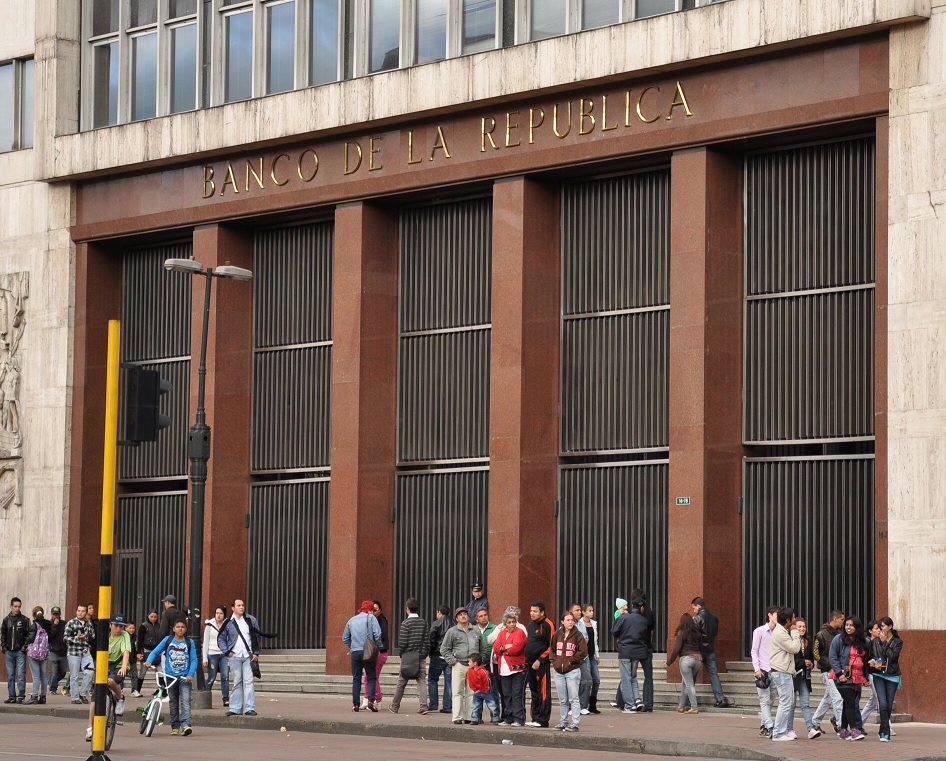RIO DE JANEIRO, BRAZIL – Colombia’s central bank implemented its largest interest rate hike in more than two decades, potentially putting itself on a collision course with President-elect Gustavo Petro as policymakers intensify their battle against above-target inflation.
The central bank’s board raised the interest rate by 150 basis points to 7.5%, the manager, Leonardo Villar, told reporters after Thursday’s policy meeting. That is the biggest hike since the bank implemented its inflation targeting strategy in 1999.
The decision was correctly forecast by 15 of 24 economists surveyed by Bloomberg, including those at JPMorgan Chase & Co and Credit Suisse Group AG.

Barclays Plc and five other forecasters predicted a full percentage-point increase, while two expected a 125 basis-point increase and one a 75 basis-point increase.
It is the first rate decision since Petro won the presidency earlier this month. The Colombian peso has depreciated since the June 19 vote, making imports even more expensive.
Meanwhile, financial markets remain concerned about the leftist leader’s plans to end oil exploration and pension reforms.
Colombian policymakers are bracing for another increase in annual inflation, which is already above 9%. Higher commodity prices and strong activity have driven the rising cost of living. Fuel will become more expensive as the government phases out subsidies in the coming months.
Latin American policymakers have been forced to extend their monetary tightening campaigns as the U.S. Federal Reserve begins its own cycle of interest rate increases.
With this decision, Colombia has increased its borrowing costs by 575 basis points since September, more than Mexico and Peru but far less than Chile and Brazil.
OPPOSING RATE INCREASES
During the presidential campaign, Petro criticized interest rate increases and said they would hurt economic growth and the labor market. His comment that some sectors of the economy should have seats on the bank’s board and that policymakers should also seek to combat inequality worried some investors.
However, this week Petro appointed renowned economist Jose Antonio Ocampo as finance minister in a sign he is moving to appease investors. Ocampo, 69, will also have a seat on the central board after resigning in January 2020, when he was co-heading the institution.
The International Monetary Fund (IMF) expects Colombia’s gross domestic product (GDP) to expand by 5.8% this year, more than any other major Latin American economy. The nation’s current account deficit is one of the largest emerging markets.
Colombia’s annual inflation eased to 9.07% in May but is still well above the central bank’s 3% target. According to economists in a Bloomberg survey, consumer prices probably rebounded to 9.74% this month.
With information from Bloomberg

